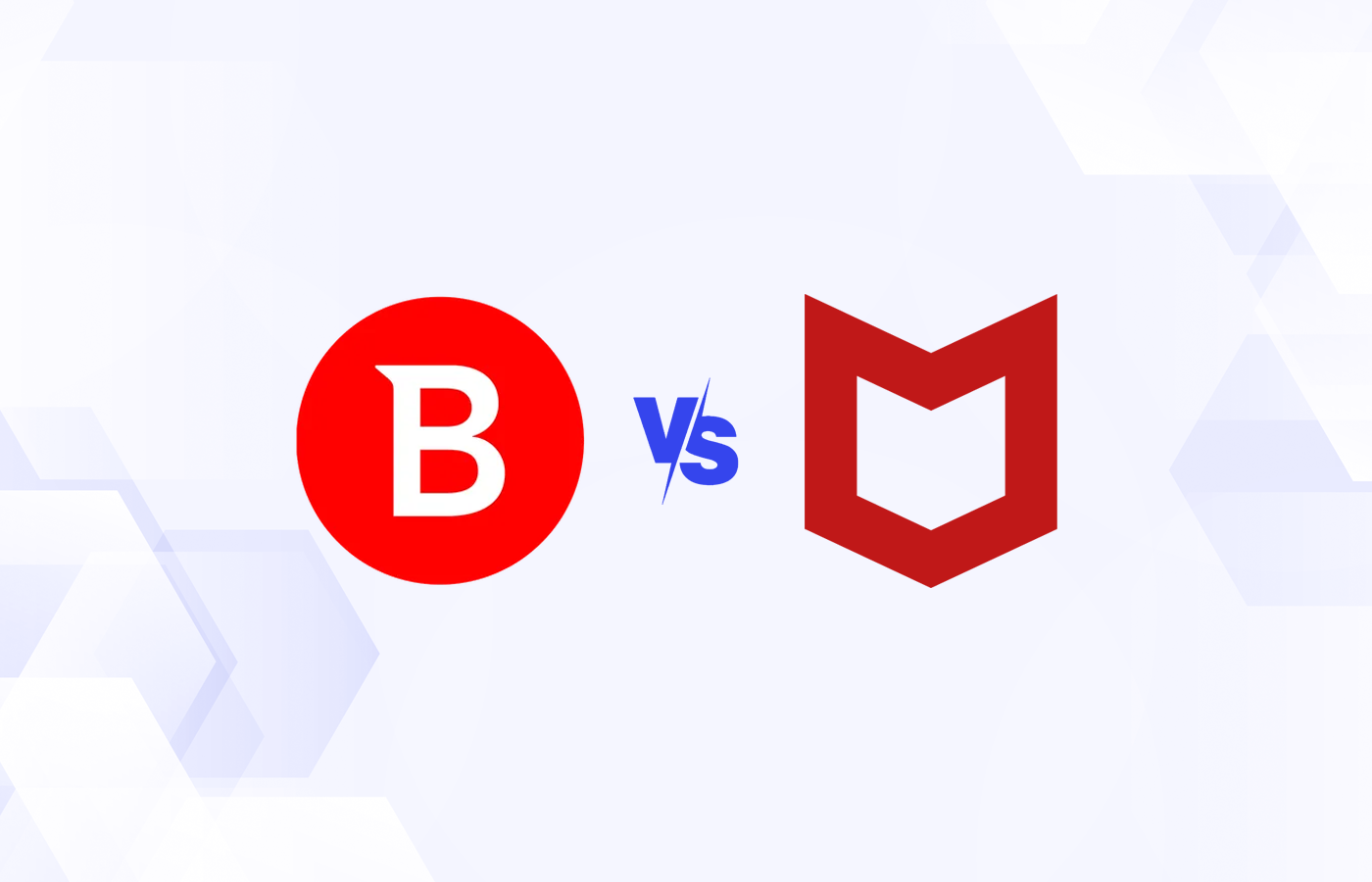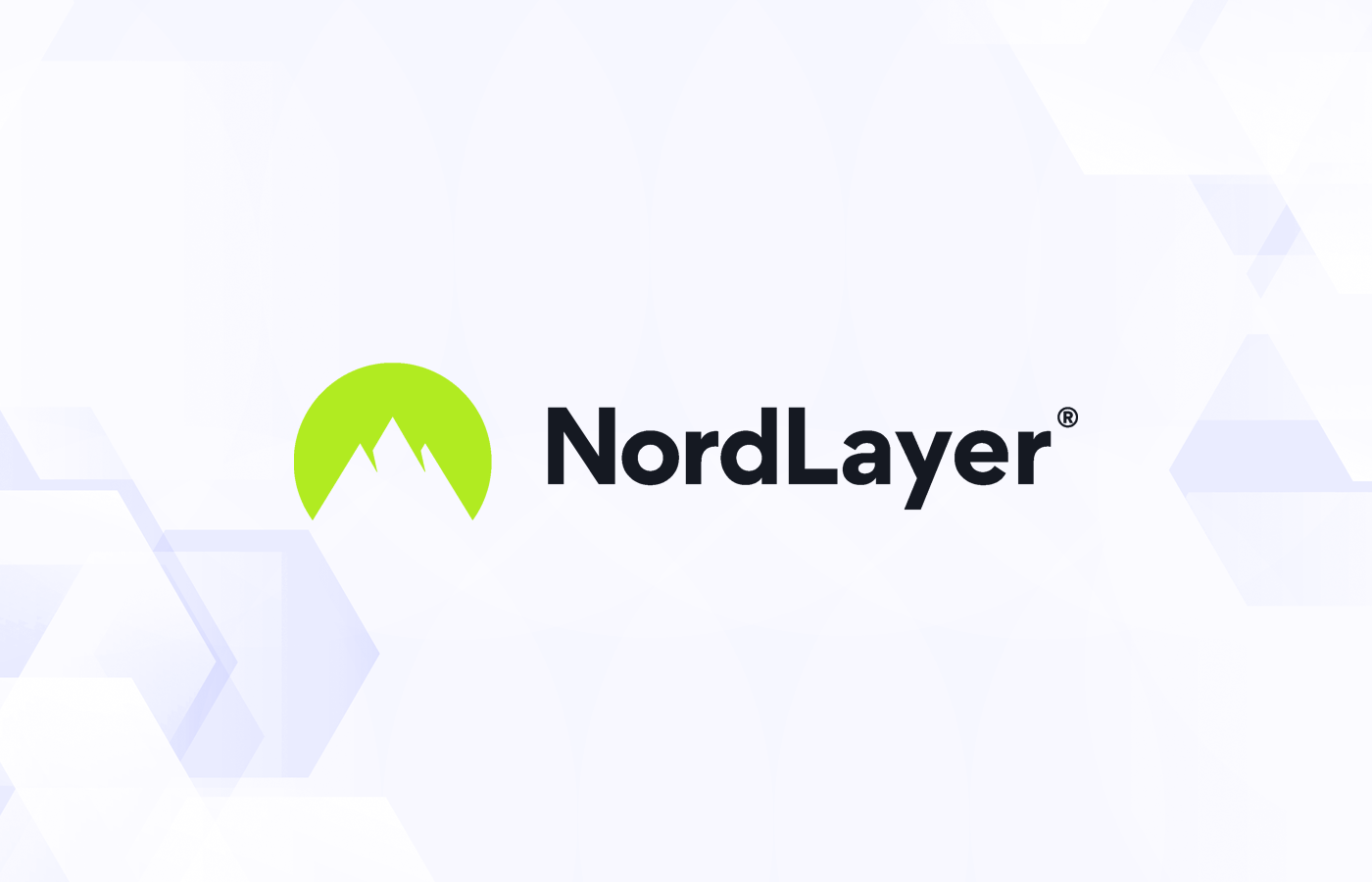Keeper and 1Password are two popular, easy-to-use password managers for teams of all sizes. Keeper is a great choice for small businesses that need basic features and large enterprises that want security add-ons. 1Password is a strong solution for any business looking for excellent security and some extra nice-to-have features. I’ve compared both products’ features, pricing, and administrative capabilities to help you determine which is better for your business.
- Keeper: Better for cost-effectiveness and enterprise add-ons ($2 per user per month for Business Starter license; $3.75 per user per month for Business license; contact for Enterprise pricing)
- 1Password: Better for overall security and basic and advanced features ($19.95 flat fee for up to 10 Teams users per month; $7.99 per user per month for Business license)
Table of Contents
Keeper vs 1Password at a Glance
The following table covers the highlights of Keeper and 1Password, including their features and capabilities.
| Price (Billed Annually) | • Business Starter: $2/user/month • Business: $3.75/user/month • Enterprise: Request quote | • Teams: $19.95/month for 10 users • Business: $7.99/user/month |
| Endpoint Support | Mac, Windows, Linux, Android, iOS | Mac, Windows, Linux, Android, iOS |
| Browser Support | Chrome, Safari, Firefox, Edge, Opera, Brave, Internet Explorer | Chrome, Firefox, Edge, Brave, Safari |
| Multi-Factor Authentication Options | RSA SecurID, SMS, Duo, Yubikey, Microsoft and Google Authenticators, DNA (using Apple Watch or Android Wear devices) | Authy, Microsoft Authenticator, Okta Verify, Yubikey, Duo |
| Family Plans | Available in all business plans | Shared vaults for family members in both business plans |
| Visit Keeper | Visit 1Password |
Keeper and 1Password both offer plenty of password management tools, including team and group management. Keeper has excellent add-on module options, and 1Password’s Business plan, though expensive, is worth the exceptional value you receive. Based on its huge selection of features and its transparent security audits, 1Password scored highest in my evaluation of the two products.

Keeper Overview
Better for Cost-Effectiveness and Enterprise Add-Ons
Overall Rating: 3.8/5
- Pricing: 4/5
- Core features: 4.2/5
- Advanced features: 2.3/5
- Security: 4.4/5
- Usability and administration: 4.2/5
- Customer support: 3.3/5
Keeper is a password management solution designed for any business, from the smallest startup to the managed service provider looking for advanced features. It offers add-ons like secrets management, secure file storage, and advanced reporting and alerts for larger organizations that want additional security features along with basic PM tools. Keeper’s pricing for smaller teams makes it a good choice for businesses with limited budgets.
Pros & Cons
| Pros | Cons |
|---|---|
| Plenty of add-ons for larger businesses | Limited custom session length features |
| MSP plan available | Limited SMB plans |
| 24/7 support available | Lacks some website SSO functionality |
Key Features
- SCIM provisioning: Use integrations with identity providers to automatically provision users within the password manager.
- Secrets management: This add-on is a cloud-based solution for protecting multiple environments, including containers and APIs.
- Command line interface: Your team has the flexibility to perform administrative actions and manage vaults using the CLI.
- Biometrics: Users can log into Keeper using face and touch as an additional method of authentication.
- Security policy enforcement: Admins can set policies like master password expiration dates and enforced 2FA.
If you want to learn more about these features and plans, read our in-depth review of Keeper.

1Password Overview
Better for Overall Security and Basic and Advanced Features
Overall Rating: 4/5
- Pricing: 3.3/5
- Core features: 4.4/5
- Advanced features: 3.3/5
- Security: 4.5/5
- Usability and administration: 4.2/5
- Customer support: 3.8/5
1Password is an enterprise-grade PM solution designed for businesses of all sizes. It offers capabilities like PBKDF2 key strengthening and secret account keys. It also has fewer account recovery options than some of its competitors, meaning your password data is extremely restricted. 1Password is a particularly good choice for enterprises in industries like finance, healthcare, and government because of its strong focus on security.
Pros & Cons
| Pros | Cons |
|---|---|
| Plenty of core and advanced PM features | Product takes time to learn to navigate |
| Fantastic security capabilities | Some features can be challenging to use |
| Overall strong user reviews | Business plan is quite expensive |
Key Features
- CI/CD integrations: Available for developer teams, 1Password offers integrations with CircleCI, GitHub Actions, and Jenkins.
- SSO integrations: Connect your 1Password account to your organization’s identity provider to use single sign-on technology.
- Group management: Admins can set up and manage custom groups of employees to better organize security policies.
- Command line interface: Users who want more custom control over their 1Password environment can use the CLI to script commands.
- Reports: 1Password Business allows you to generate reports about breaches involving your team members, vault security issues, and account activity.
Check out our full review of 1Password for more information on its security features, plans, and pros and cons.
Better for Pricing: Keeper
| Small Team Monthly Pricing | $2/user for up to 10 people | $19.95 for up to 10 people |
| Business Monthly Pricing | $3.75/user | $7.99/user |
| Enterprise Pricing | Contact for quote | Contact for quote |
| Free Trial | 14 days | 14 days |
| Visit Keeper | Visit 1Password |
Winner: Keeper’s Business Starter plan costs $2.00 per user monthly, and the Business plan is only $3.75 per user.
Keeper’s Business Starter and Business plan pricing makes it a cost-effective product for smaller organizations. However, if you’re looking for advanced features, like single sign-on or groups management, many of them come through the Enterprise plan rather than the business ones. The Enterprise plan requires a business-specific quote. Keeper offers a 14-day free trial for potential buyers to evaluate whether it’ll be a good fit for your team.
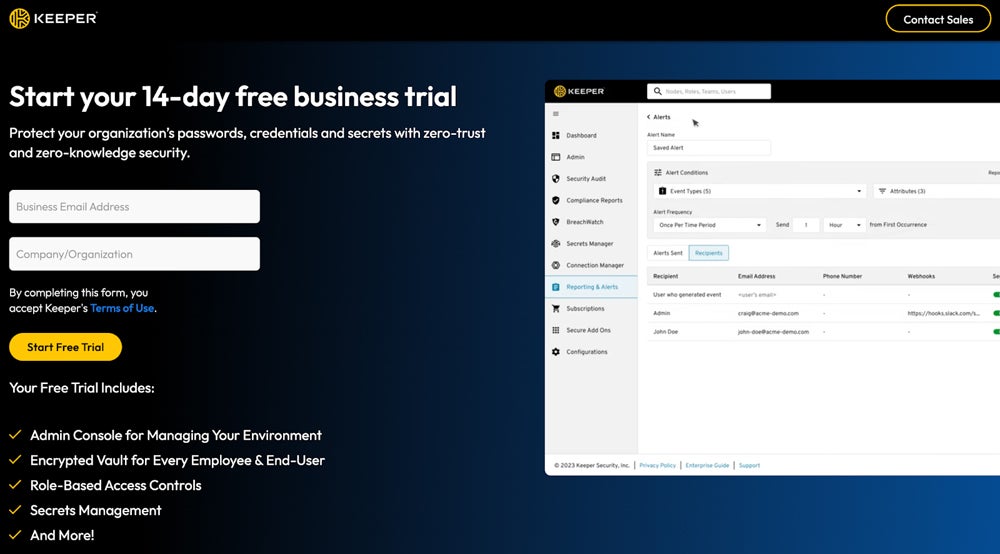
1Password’s Team plan is comparable to Keeper Business Starter, costing $19.95 for 10 users monthly, but the Business plan is where things get expensive: It costs $7.99 per user monthly. The Business plan does offer plenty of features, though, like security policy management and SSO. 1Password also has a 14-day free trial. I recommend 1Password’s Business plan for larger businesses that have the budget for its stellar feature set.
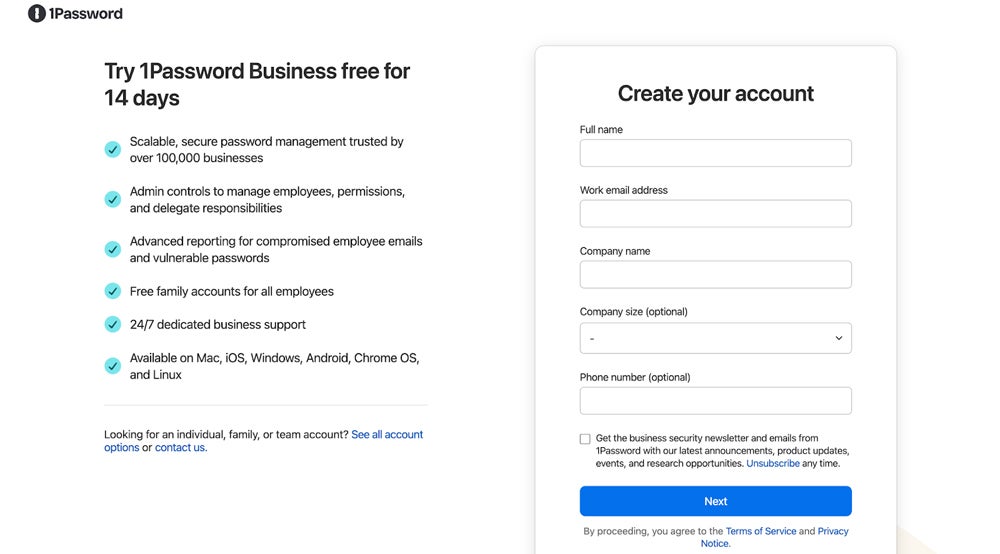
Better for Core Features: 1Password
| Operating System Support | Windows, macOS, Linux | Windows, macOS, Linux |
| Active Directory Integration | Through Enterprise plan | Yes |
| Secure Sharing | Yes | Yes |
| Strong Password Generator | Yes | Yes |
| Biometrics | Face and touch | Fingerprint, face, and iris |
| Two-Factor Authentication | Yes | Through integrations |
| Browser Autofill | Yes | Yes |
| Visit Keeper | Visit 1Password |
Winner: 1Password offers plenty of password management tools, particularly in its Business plan.
Keeper has a very strong set of business features, too, but some of them are only available in the Enterprise plan, including SSO and Active Directory integrations. Smaller teams with limited budgets may find the less expensive tiers more restrictive. The Business and Business Starter plans include basic features such as shared team folders, free family plans for users, and basic two-factor authentication. It also offers activity reporting and policy enforcement.
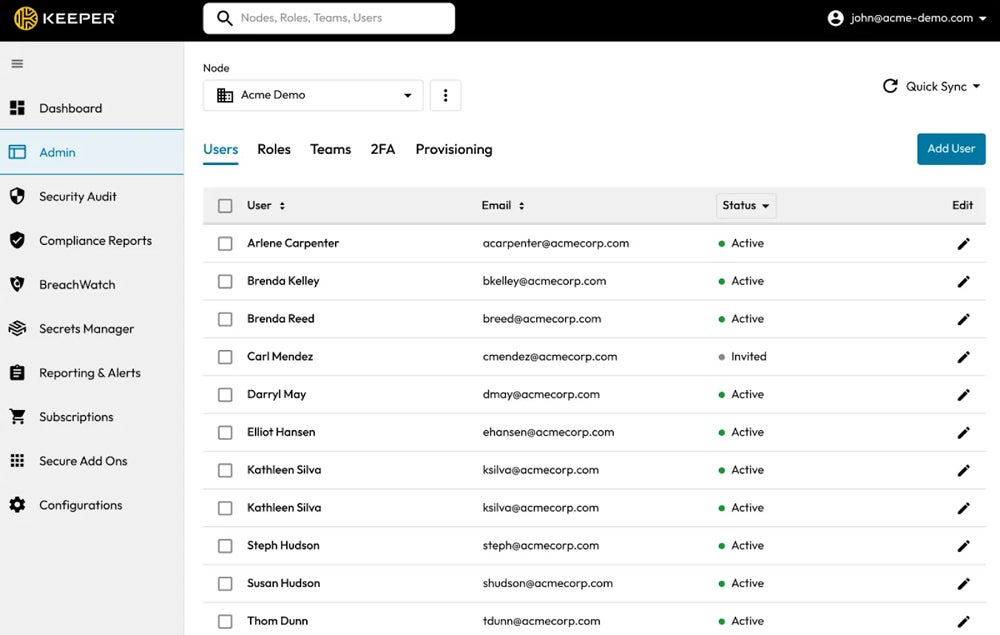
1Password shines in its strong set of business features, including selective password sharing, multiple biometric options, passkeys, and Active Directory integration. The majority of its features are available in the more expensive Business plan, but the Teams subscription offers plenty too, like categories for stored items and account recovery. However, it lacks SSO and streaming to security information and event management (SIEM) platforms.
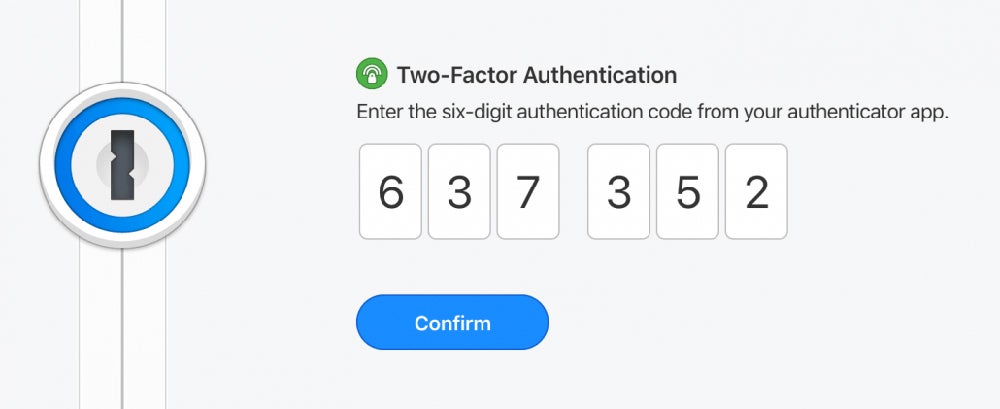
Better for Advanced Features: 1Password
| Guest Accounts | No | 5 guest accounts for Teams and 20 accounts for Business |
| Command Line Interface | Yes | Yes |
| Security Alerts | Available through Advanced Reporting and Alerts add-on | Dark web monitoring alerts available through WatchTower add-on |
| GitHub and GitLab Integrations | Integrates with GitLab and GitHub Actions through Secrets Manager add-on | Integrates with GitLab and GitHub Actions |
| Secrets Management | Available through Secrets Manager add-on | Available for developers |
| Compliance Reports | Available through Compliance Reports add-on | Not available |
| Visit Keeper | Visit 1Password |
Winner: 1Password offers advanced features like guest accounts, travel mode, and a command line interface for teams that want to customize their password management environment.
Keeper does have plenty of advanced capabilities; however, many of them are only available through add-on products, like Secrets Manager and Advanced Reporting and Alerts. This is a good option for large teams that want some extra functionality, but it’ll likely be too expensive for SMBs. If your business is interested in the Enterprise plan, I recommend requesting a custom quote so you know whether the advanced features and add-on modules will be affordable.
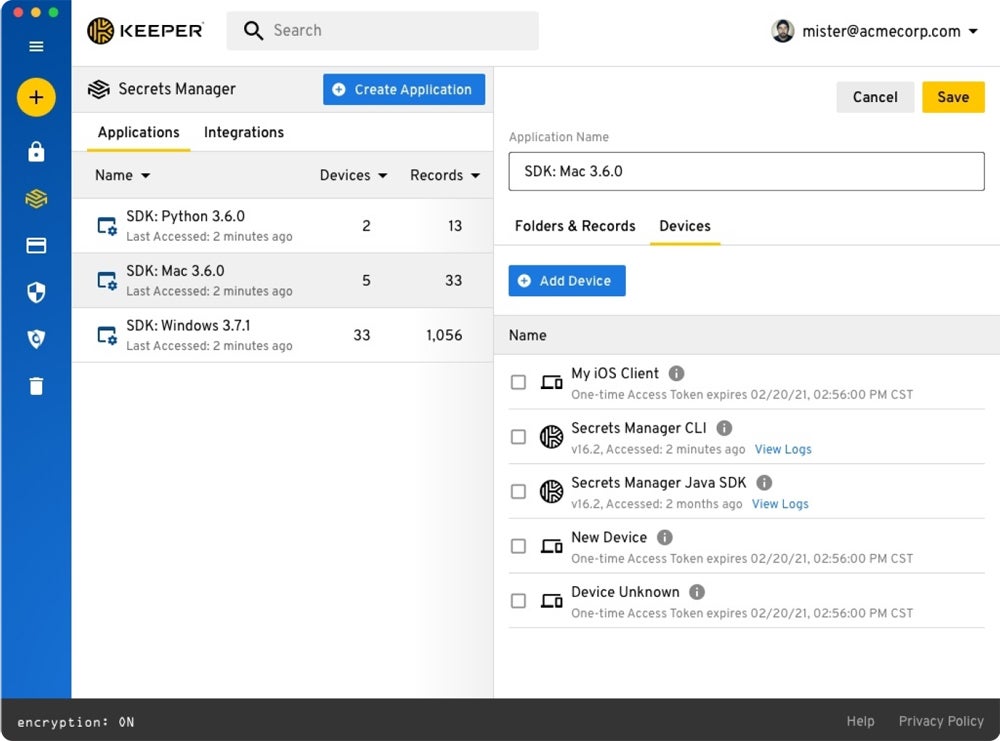
While it lacks compliance reporting features, 1Password’s Business plan includes both guest accounts and travel mode. Guest accounts are particularly useful for teams that frequently need to add contractors or other third-parties to files or applications. 1Password gains the edge here for having slightly more feature availability without having to purchase an add-on. Its Business plan is pricey, though, so take that into consideration.
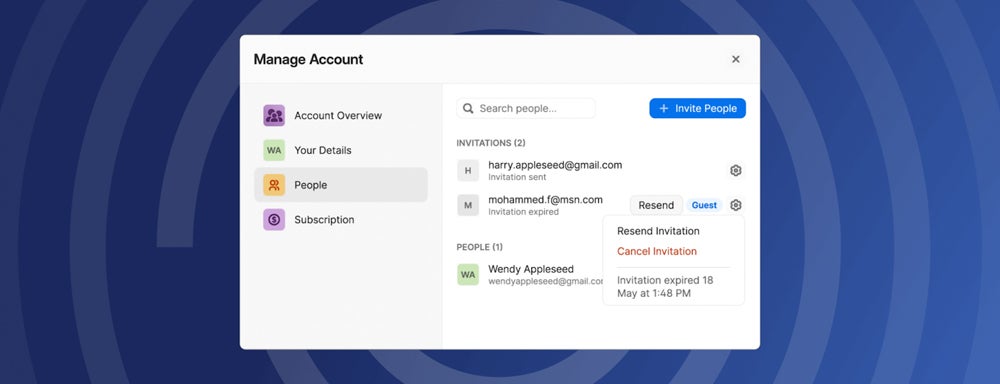
Better for Security: 1Password
| Zero-Knowledge Model | Yes | Yes |
| Vendor Audits | Keeper FedRAMP environment is audited annually | Audit penetration tests multiple times a year |
| Vendor Encryption | AES 256-bit encryption and Elliptic-Curve cryptography (ECC) | AES 256-bit encryption and PBKDF2 key strengthening |
| SCIM Integrations | Supports Okta, Azure AD and Entra ID, Google G Suite, and JumpCloud | Supports Google Workspace, JumpCloud, Microsoft Entra ID, Okta, OneLogin, and Rippling |
| Breach History | Clean | Clean |
| Visit Keeper | Visit 1Password |
Winner: 1Password is very transparent about audits and offers secret account keys for users to log into their control center, aside from just the master password.
Keeper has a clean breach history just like 1Password, and it does undergo annual audits on its FedRAMP environment, according to the security page on its website. Keeper just isn’t as transparent about its audit documents. Keeper uses 256-bit AES encryption. And although it isn’t an open-source password manager, its command line — Keeper Commander CLI — is, if that’s of interest to your company’s dev team.
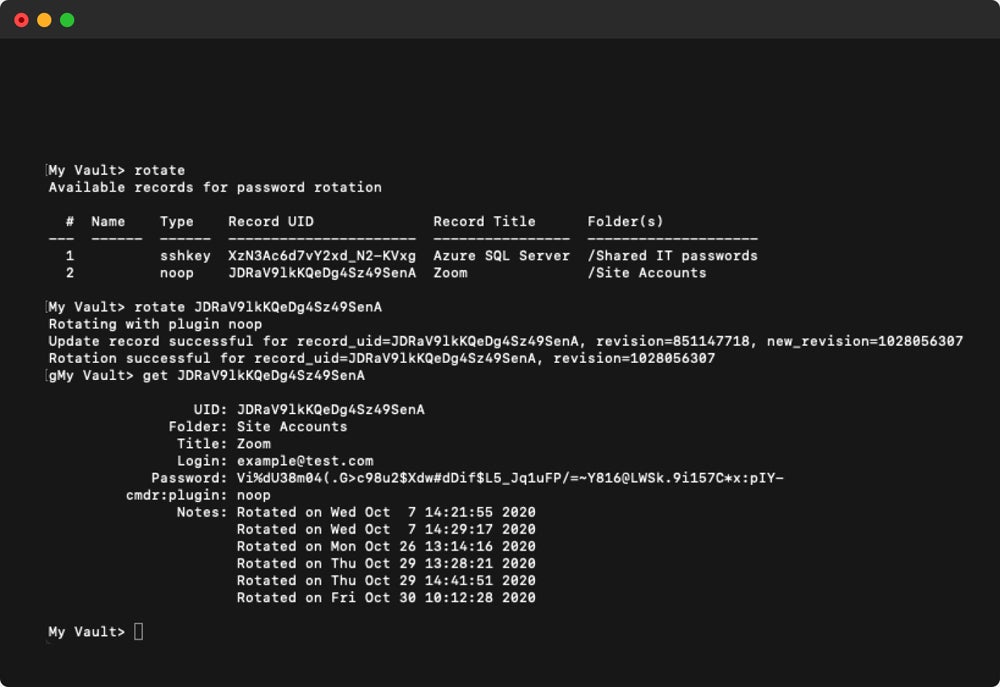
While both products are comparably secure, 1Password gets the edge here for its transparency about audits. The reports, including regular penetration tests, are available to the public to read; you can view the PDF of the auditor’s findings. Keep in mind that 1Password is not open-source, so its code isn’t available for developers to analyze. 1Password’s limited account recovery options make it equally difficult for an attacker to access your vault.
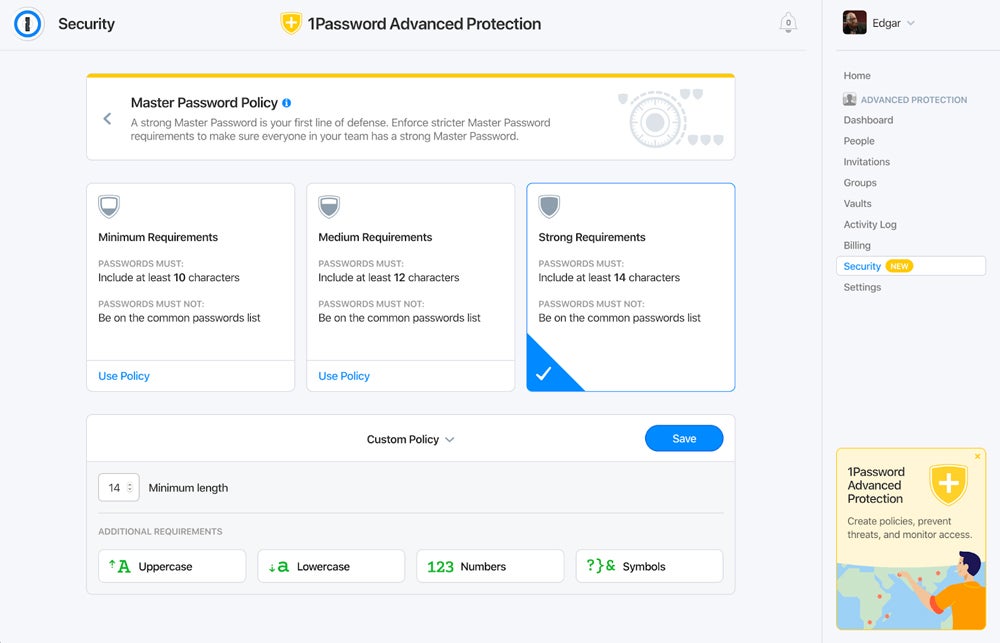
Better for Usability & Administration: Tie
| Browser Support | Chrome, Safari, Firefox, Edge, Opera, Brave, Internet Explorer | Chrome, Firefox, Edge, Brave, Safari |
| Mobile Support | Android and iOS | Android and iOS |
| Documentation | Plenty | Plenty |
| Onboarding Consulting or Sessions | Through Enterprise plan | Through Business plan |
| Developer Community | No | Yes |
| Visit Keeper | Visit 1Password |
Winner: Both Keeper and 1Password have plenty of features that make them highly usable for businesses, including supporting a wide range of web browsers.
Keeper is available as a mobile app for both Android and iOS devices. It offers onboarding services through the Enterprise plan, giving your business dedicated assistance with learning to use the product. It has plenty of user guides for both the business plans and the Enterprise solution, and it supports a wide variety of browsers. Keeper lacks an online community specifically for developers but does offer Commander CLI for them to use.
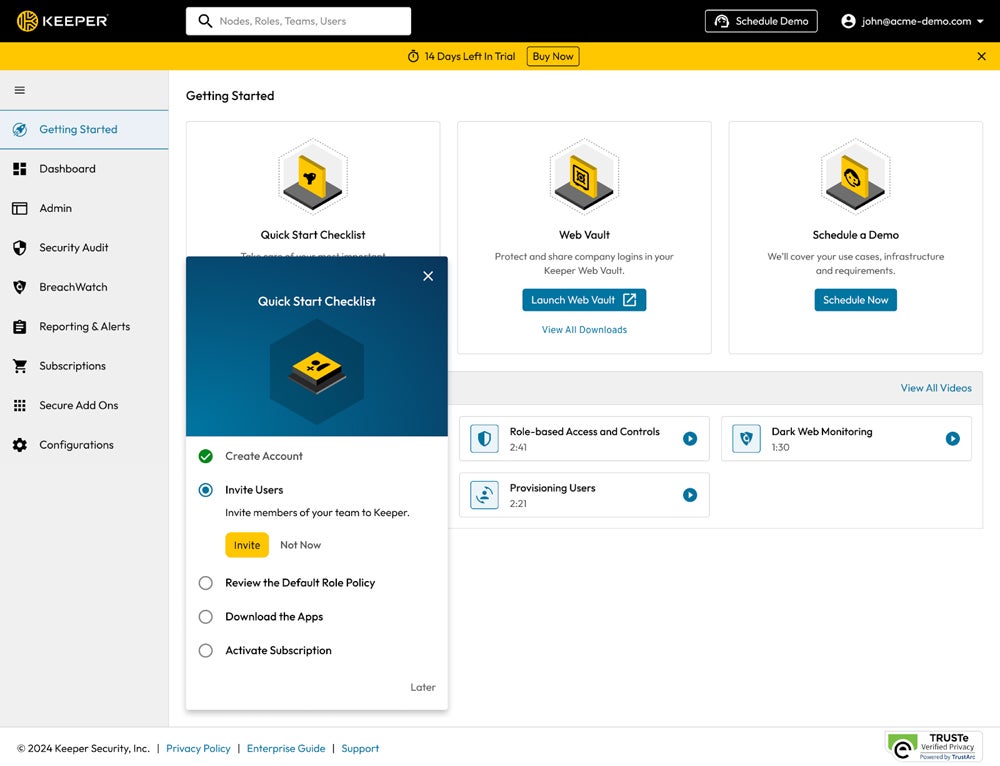
1Password offers user provisioning through Active Directory, onboarding sessions for new customers, and a community for developers, as well as plenty of other features for dev teams. Note that onboarding sessions are only available for the Business plan. 1Password is available as a mobile app for both Android and iOS devices. It supports five different browser extensions and has plenty of knowledge base articles to help your admins set up and configure 1Password.
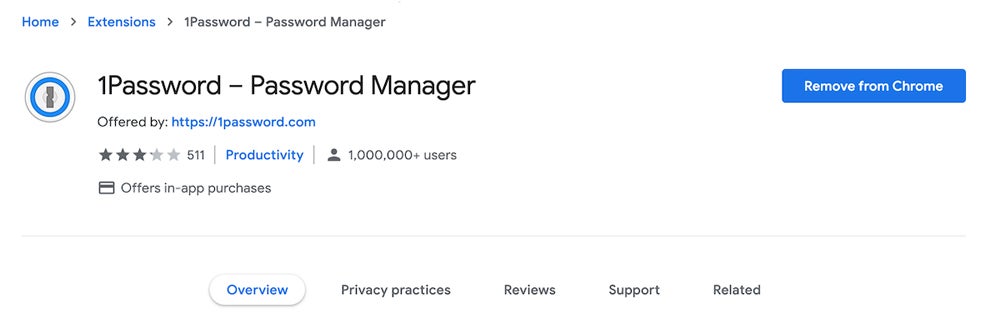
Better for Customer Support: 1Password
| Customer Support Hours | Website says 24/7 | Website says 24/7 |
| Support Channels | Email, social media, online forum | |
| Product Demo | Yes | Yes |
| Dedicated Customer Service Representative | Technical account manager | Dedicated CSM for Business plan customers with over 75 users |
| Visit Keeper | Visit 1Password |
Winner: 1Password is our support winner because it’s more direct about available support channels.
It’s a little challenging to determine from Keeper’s website exactly what channels are available, aside from submitting a request through its customer support form. Email appears to be available, though the email address that Keeper provides is on an older documentation page. Customers have the option of a dedicated technical account manager for their business. If you want to see how Keeper would manage your password, it offers a demo.
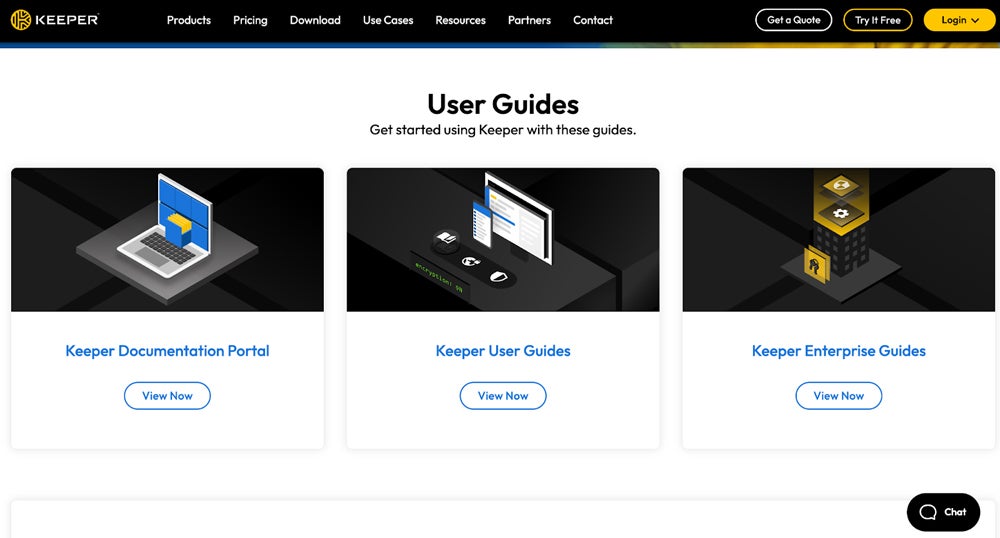
1Password users can submit support requests through email, social media, or a community forum. Its website indicates that these channels are available 24/7. 1Password offers a dedicated technical account manager for business accounts with over 75 users. It also offers a product demo. Neither Keeper nor 1Password has phone or live chat, so if having multiple rapid-response channels is important to your business, check out our list of alternatives below.
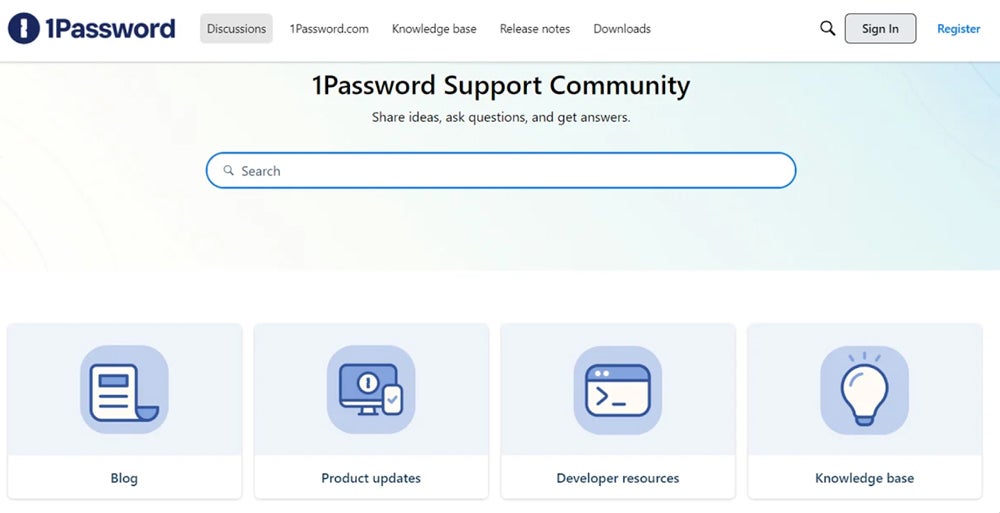
Who Shouldn’t Use Keeper or 1Password?
While Keeper and 1Password are two of the top overall password management solutions in the security industry, there are a few situations where they may not give your business quite what it needs.
Who Shouldn’t Use Keeper
Keeper may not be the best solution for the following needs:
- Small organizations that want advanced features: Unless you have a big budget, you’ll be restricted to a more limited plan.
- Developers looking for a dev community: Keeper doesn’t offer an online community for dev teams to connect and share solutions.
- Large teams with a restricted budget: Keeper’s Enterprise plan has a lot of features, but it’ll be too expensive for some businesses.
Who Shouldn’t Use 1Password
1Password isn’t a great choice for these use cases:
- Teams needing an extremely simple solution: 1Password isn’t terribly difficult to implement, but it has a few challenging-to-use features, like credential sharing.
- Businesses that want rapid support channels: 1Password doesn’t offer phone support or live chat options.
- Organizations new to password managers: 1Password could be challenging for employees who have never used a PM solution before.
3 Best Alternatives to Keeper & 1Password
While Keeper and 1Password are great PM products, they may not be the best fit for your business. Check out Bitwarden, RoboForm, and LastPass for other popular password manager options.
| Monthly Pricing (Billed Annually) | • Teams: $4/user • Enterprise: $7/user | • 1-10 users: $3.30/user • 11-25 users: $3/user • 26-100 users: $2.91/user • 101-1,000 users: $2.50/user | • Team: $4/user • Business: $7/user |
| Free Trial | 7 days | 14 days | 14 days |
| Key Features | Local vault option, group management, automated user provisioning | User management, 2FA, password recovery | Dark web monitoring, biometrics, user groups |
| Visit Bitwarden | Visit RoboForm | Visit LastPass |
Bitwarden
Bitwarden is an open-source password management solution that provides teams additional opportunities to collaborate on source code. Bitwarden also gives teams the option to host the solution on their own servers. Self-hosting allows businesses to manage their own security based on their own needs. Bitwarden’s Team plan costs $4 per user monthly, and the Enterprise plan costs $6 per user monthly.
Bitwarden is one of the best PM solutions in the industry, with plenty of features for large businesses. While it doesn’t guarantee 24/7 response times, its users give the support team great reviews overall.
If you’d like to read more about this PM solution, read our review of Bitwarden, including its features, pricing, and use cases.
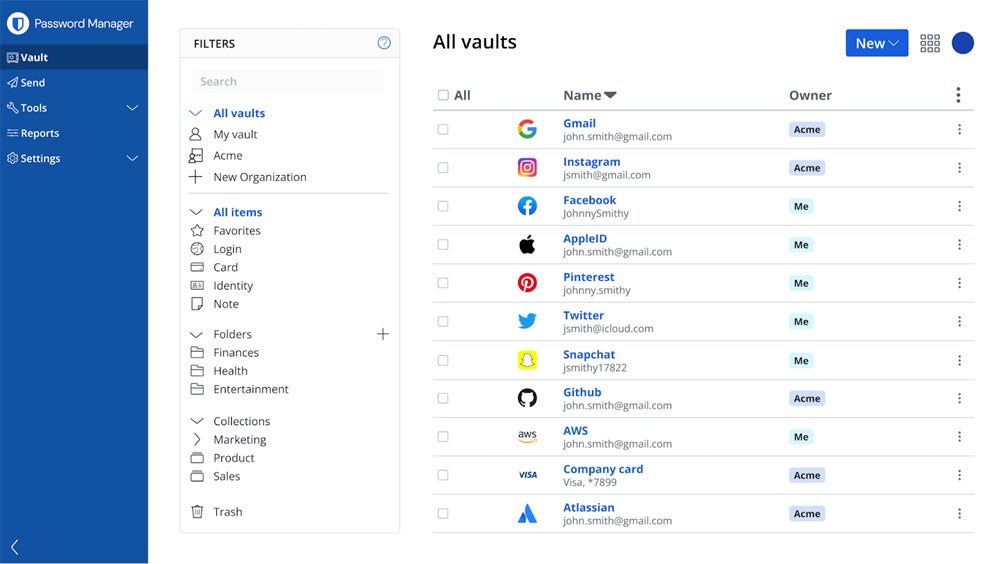
RoboForm
RoboForm is a password manager ideal for smaller businesses and teams that need a strong set of core features for a low price. RoboForm offers user management capabilities, password recovery functionality, and two-factor authentication. It costs around $3.30 per user monthly for fewer than 10 users and around $2.50 per user monthly for teams between 101 and 1,000 users. RoboForm offers live chat, phone callback, and 24/7 web support.
While RoboForm won’t suit your business’s needs if you need a lot of advanced enterprise capabilities, I recommend it for any business on a lower budget that only needs basic password management features.
If you think RoboForm would be a good fit for your business, check out our in-depth RoboForm review for more information on pricing, pros, and cons.
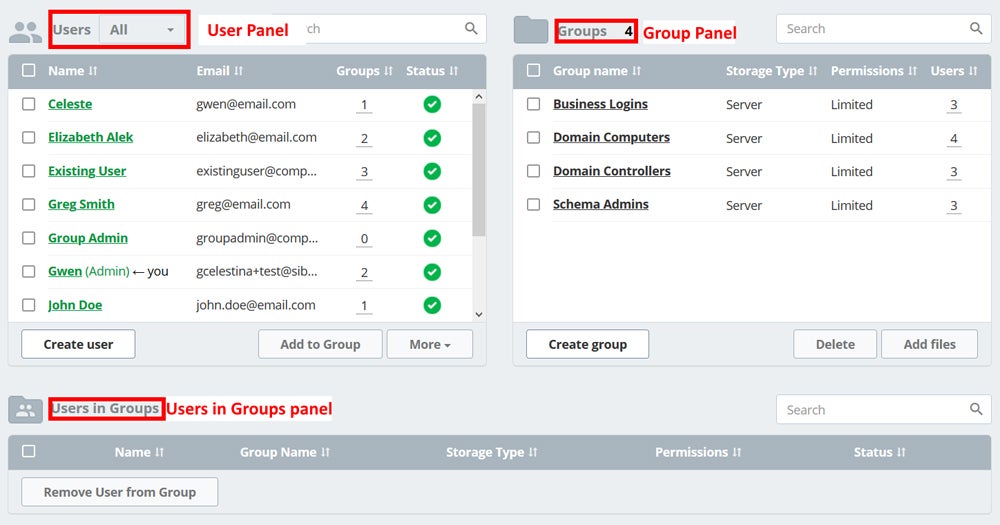
LastPass
LastPass is a password manager popular for its ease of use and relatively small learning curve. It offers plenty of core features, like user groups and biometrics, as well as more advanced ones like dark web monitoring. LastPass particularly stands out to businesses that have never used a PM solution before and want something simple to learn. LastPass’s Team plan, for 50 or fewer users, costs $4 per user monthly, and the Business plan costs $7 per user monthly.
Although LastPass is widely praised for its usability, it has had multiple breaches over the last decade, so keep this in mind and consider alternative options if your business processes a lot of sensitive data. However, LastPass is still a simple-to-use password manager that’s well-liked by many organizations and offers plenty of features.
To learn more about LastPass’s feature set and ideal use cases, read our in-depth review of LastPass next.
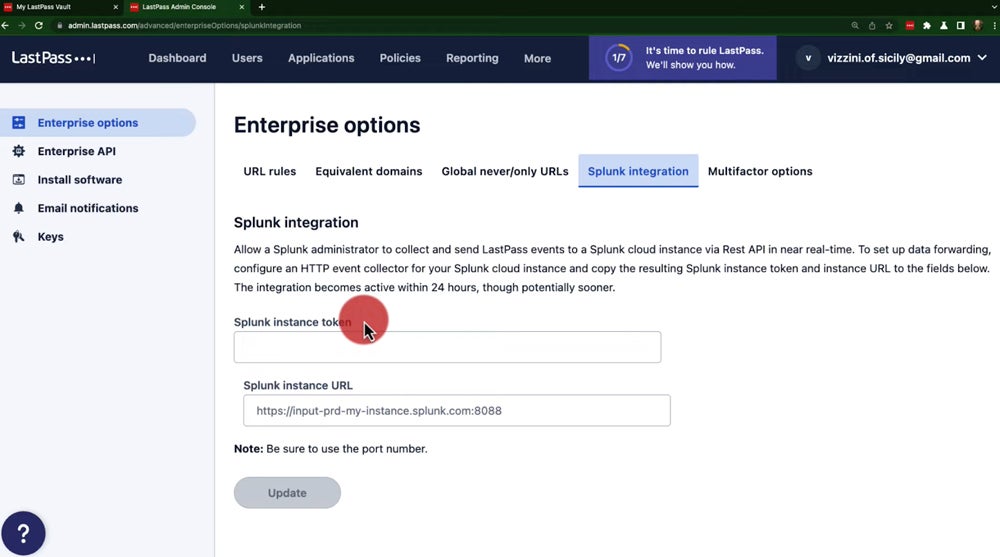
To learn more about the top password management solutions and their features, read our guide to the best password managers.
How I Compared Keeper & 1Password
To evaluate Keeper and 1Password, I created a product scoring rubric that included six major categories. Each category included multiple subcriteria, which were all weighted. To score the products, I first looked at each product’s most important features; then considered the vendor’s overall approach to security. I also compared pricing plans, evaluated admin features, and looked at customer support channels. Finally, I considered nice-to-have advanced capabilities.
Core Features – 25%
The most important features of password management solutions include two-factor or multi-factor authentication, browser autofilling, and the ability to create usage reports. Additionally, I looked for security policy management, groups management, and biometrics. Teams may also want an integration with Active Directory so they can more easily provision users within the password manager.
Security – 20%
A password manager’s ability to protect networks and systems depends on the security measures the vendor takes to protect its own systems. I researched which type of encryption the vendors use and also considered how often the vendor does audits and penetration tests and how transparent those are. Breach history is also important — whether threat actors have ever successfully compromised the product’s infrastructure.
Pricing – 15%
Password manager pricing includes cost per user for different plans, as well as enterprise plans that may not offer pricing up front. I also evaluated free trial availability and how long the trial lasts and looked at monthly and annual billing options.
Usability & Administration – 15%
The ability to configure and manage a password management solution for the entire company is critical. Password managers should allow administrators to create groups, set policies for logins and passwords, and create any other security restrictions their business needs. I considered the number of browsers Keeper and 1Password support, whether they’re available on mobile, and the availability of online documentation. I also looked at features like an online dev community.
Customer Support – 15%
When evaluating customer service offerings, I looked at available support channels, including phone, email, and live chat. I also considered whether Keeper and 1Password offered product demos, whether the support team offered 24/7 services, and whether a dedicated customer service representative is available to customers.
Advanced Features – 10%
Nice-to-have and advanced capabilities like guest accounts, travel mode, and secrets management give teams extra functionality for protecting logins and other credentials. Additionally, I evaluated whether Keeper and 1Password offer features like security alerts and integrations with GitHub and GitLab.
Bottom Line: Keeper vs 1Password
Keeper and Bitwarden are both exceptional password managers for both small teams and large enterprises. Each offers plenty of features to help businesses improve their overall password hygiene and security. Evaluate each vendor’s plans, features, and customer support options to determine which one is better for your organization. I recommend talking with the provider as well to see if they’ll be a long-term partner that invests in your organization.
To protect your business network against attacks, learn more about different types of network security aside from just password management.







